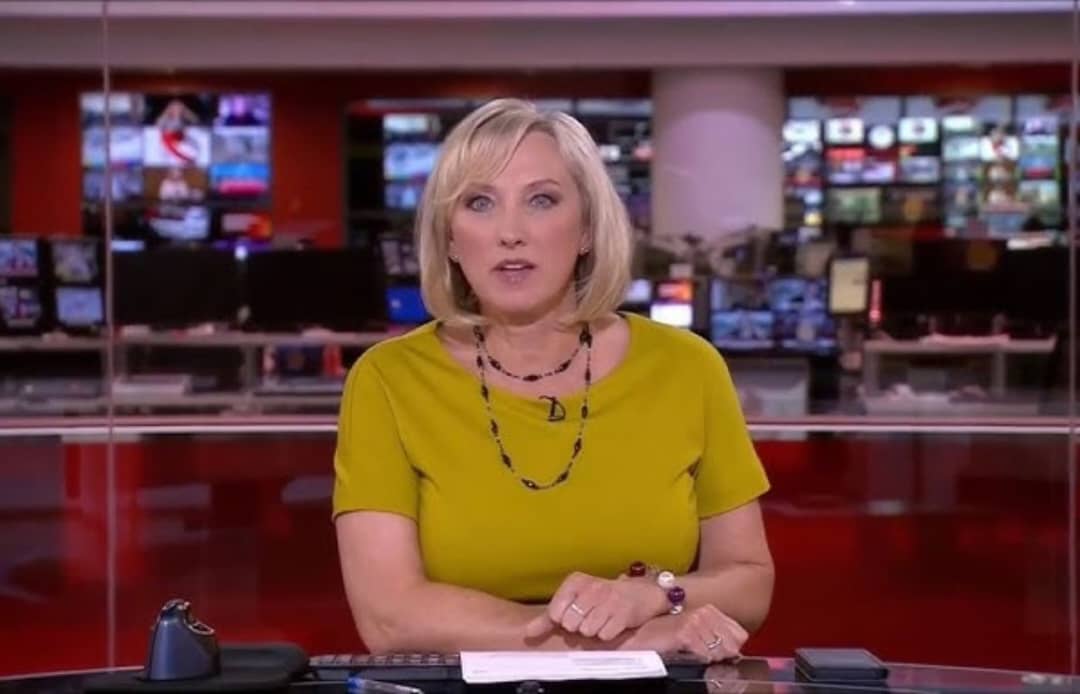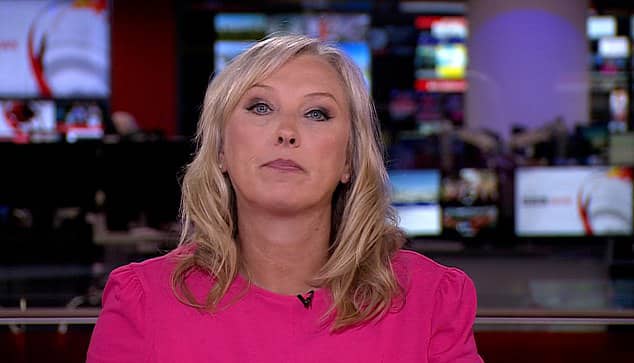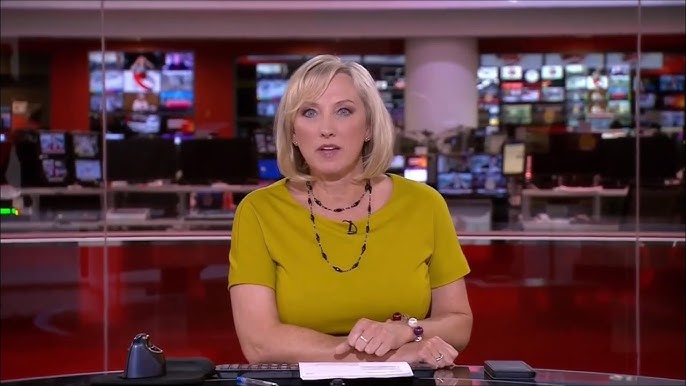

A BBC presenter has been found to have broken the broadcaster’s impartiality rules after she changed the phrase “pregnant people” to “pregnant women” while reading the news live on air.
The presenter, Martine Croxall, made the correction during a report about a study from the London School of Hygiene and Tropical Medicine that looked at who was most at risk during heatwaves. The original script used the term “pregnant people,” but Croxall said “pregnant women” instead as she read it.
The BBC’s Executive Complaints Unit later ruled that her on-air change, along with her facial expression, gave a strong impression that she was expressing a personal opinion about a sensitive issue. The corporation said this breached its impartiality rules, which require presenters to avoid showing personal views on controversial topics.
According to the BBC, around 20 viewers complained about the segment, saying the presenter’s tone and expression suggested bias. After reviewing the footage, the complaints unit agreed and said her delivery “fell short” of the broadcaster’s standards.

However, the BBC also admitted that the script itself was poorly written. It used awkward phrases like “pregnant people” and “the aged,” which the corporation said do not fit with its usual editorial style. The BBC said it would take steps to improve how scripts are written to avoid similar problems in the future.
Martine Croxall, who has worked for the BBC for more than 30 years, has not commented publicly on the decision. She is one of the corporation’s most familiar news anchors and has presented on the BBC News Channel for many years.
The decision has divided public opinion online. Some viewers praised Croxall, saying she was simply using the correct and clear term. Others agreed with the BBC, arguing that presenters must remain neutral and not appear to take sides on issues involving gender identity or language.
The BBC’s rules on impartiality are strict. They require presenters to keep a neutral tone and avoid gestures or expressions that could suggest a personal opinion. The rules cover not just what is said, but also how it is said.
In its ruling, the BBC said the case was not about restricting free speech but about maintaining trust in news reporting. “Presenters must take care that delivery and tone do not suggest personal views on matters of public debate,” the complaints unit said.
This is not the first time Croxall has faced questions about impartiality. In 2022, she was taken off air temporarily after her comments during a segment about Boris Johnson’s resignation were judged to have broken impartiality rules. She later returned to presenting duties.

The BBC said it will continue to review how language is used across its programmes to ensure accuracy and respect for all audiences. The broadcaster also said it remains committed to using inclusive language where appropriate while keeping its reporting balanced and neutral.
As of now, no further action has been announced against Croxall, who continues to work for the BBC. The case has once again highlighted how even small wording choices on live TV can spark bigger debates about impartiality, gender, and language in modern journalism.